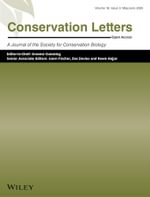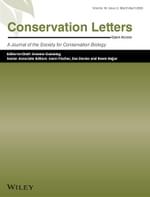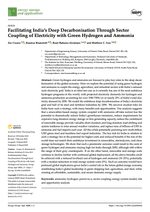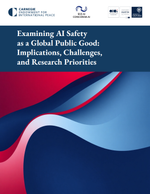The British Journal of Sociology
William Davies 62: 304–323 doi: 10.1111/j.1468-4446.2011.01366.x
View Journal Article / Working PaperAcademic economists perform an important function in advising politicians and state bureaucrats, lending them epistemological authority. This creates a challenge of institutional design and of professional vocation, of how these experts can combine their commitment to scientific analysis with their commitment towards their governmental patrons. This article examines the case of anti-trust economics, in which government economists are encouraged to remain as academically engaged as possible, so that their advice will be – or appear to be – unpolluted by political or bureaucratic pressures. Yet this ideal is constantly compromised by the fact that the economists are nevertheless government employees, working beneath lawyers. Max Weber's concept of a ‘vocation’ is adopted to explore this tension, and his two lectures, ‘Science as a Vocation’ and ‘Politics as a Vocation’ are read side by side, to consider this core dilemma of academic policy advisors.




